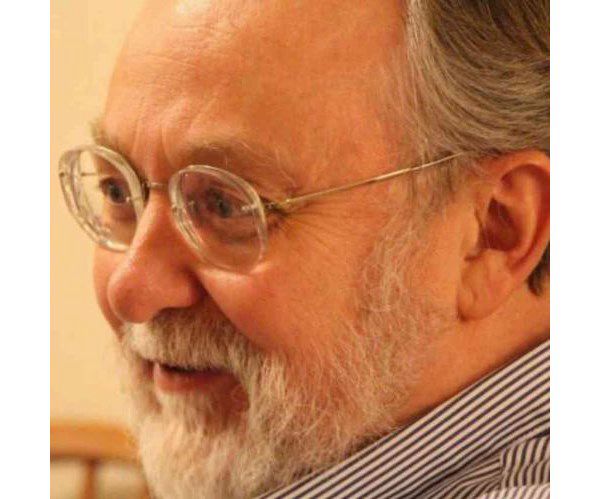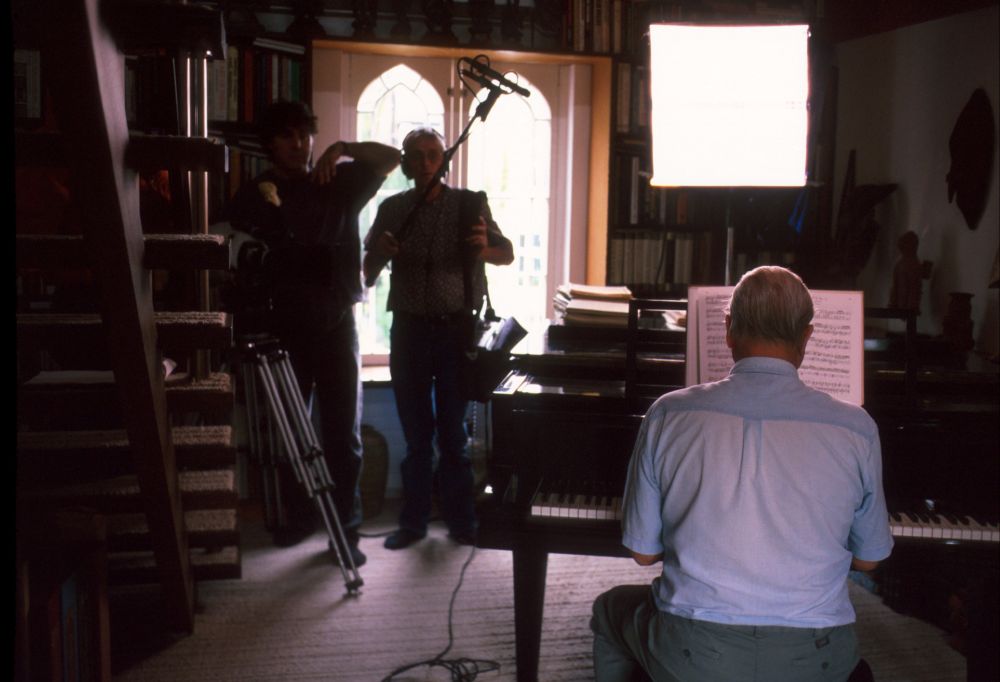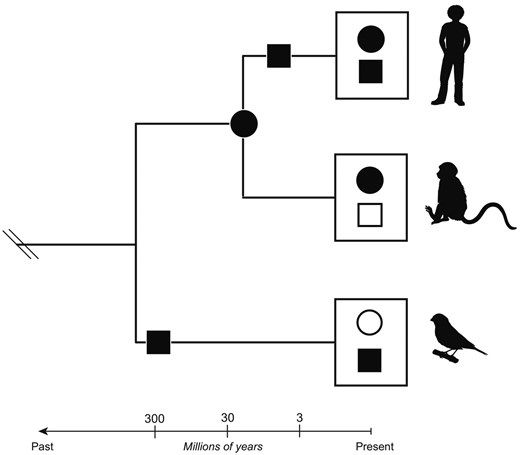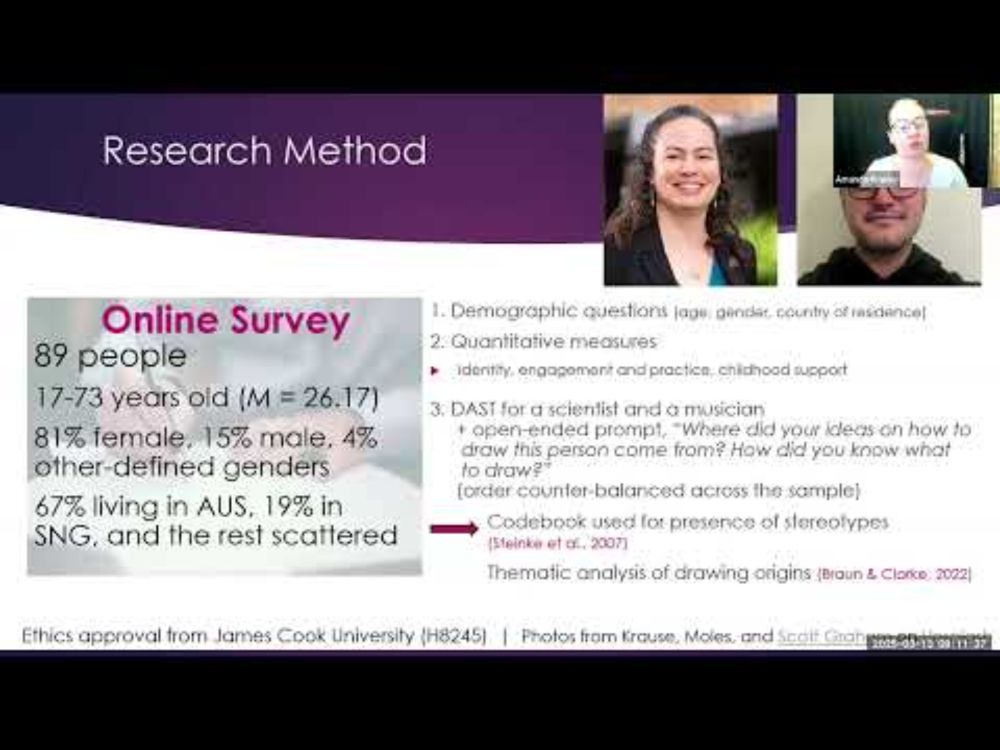

Thrilled to share our new publication in Aesthetics, Creativity & the Arts! 🎶 Huge thanks to my wonderful collaborators for making this possible. Our paper explores how culture shapes emotions felt with favorite music and their implications for arts & health. Read it here: doi.org/10.1037/aca0...
01.11.2025 23:09 — 👍 3 🔁 2 💬 0 📌 0

Let Music Be Your Medicine
Exploring ways to deliver rhythmic frequencies to improve memory.
Let Music Be Your Medicine | Exploring ways to deliver rhythmic frequencies to improve memory. Thanks
@psychologytoday.com for this writeup of our lab’s #musicscience for Alzheimer’s Disease @northeasternu.bsky.social @nuglobalnews.bsky.social www.psychologytoday.com/us/blog/musi...
25.10.2025 20:41 — 👍 12 🔁 2 💬 0 📌 0
#musicscience
23.10.2025 08:36 — 👍 0 🔁 0 💬 0 📌 0
Does anyone have any boring music for music for experiments?
I need music that people are unlikely to find absorbing.
#musicscience @musicpsychshef.bsky.social @musicpsychleeds.bsky.social @musicpsychologylab.bsky.social #aesthetics #musicpsych
08.10.2025 11:38 — 👍 3 🔁 3 💬 2 📌 0

New paper! Excellent work by Rebecca Jane Scarratt on the neural responses to relaxation music published in the journal Cognitive, Affective, & Behavioral Neuroscience. @musicinthebrain.bsky.social #Musicscience
link.springer.com/article/10.3...
12.09.2025 10:03 — 👍 12 🔁 7 💬 1 📌 0

Comment: Musk’s tolerance of racism on X fuelled UK riots
Court revelations highlight how Musk's platform enabled and profited from spreading racial hatred
There is a strong case that Musk has been the most important amplifier and ally of racial hatred in our country of anybody alive. It is a product of both his acts and his omissions. Very few people could compete with him in doing quite so much for racist reach
www.easterneye.biz/elon-musk-to...
09.07.2025 07:10 — 👍 156 🔁 59 💬 2 📌 8
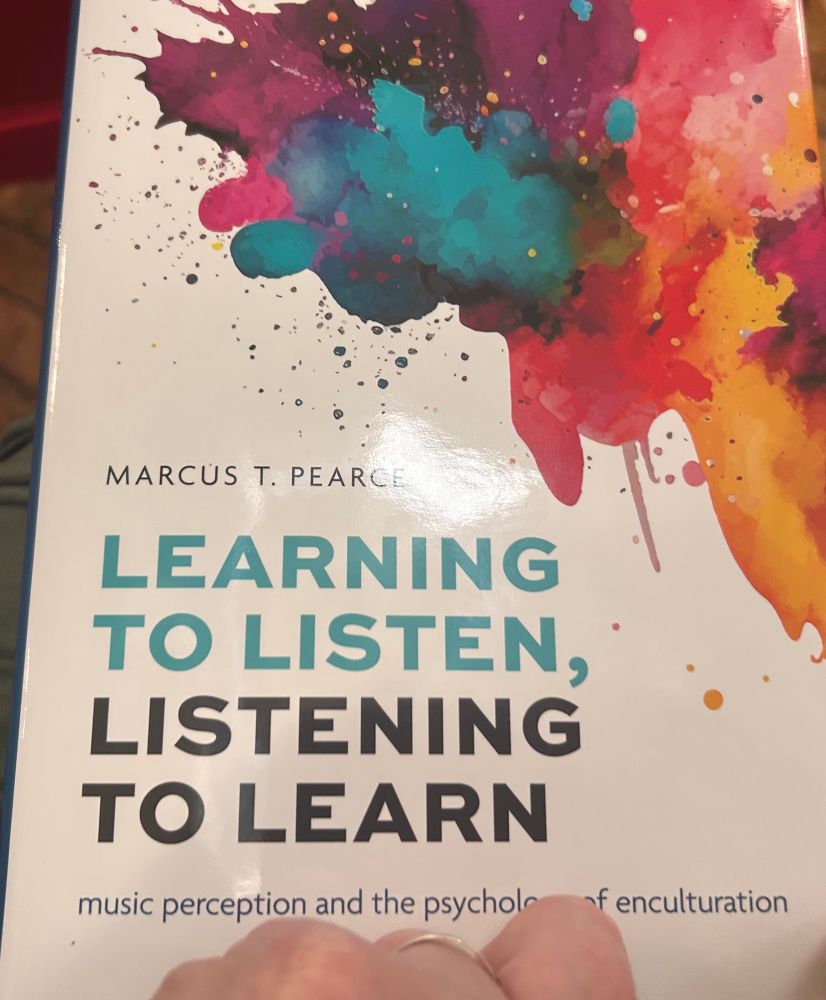
Enjoyed attending Marcus Pearce’s book launch earlier, and picking up a signed copy.
16.06.2025 22:29 — 👍 2 🔁 0 💬 0 📌 0
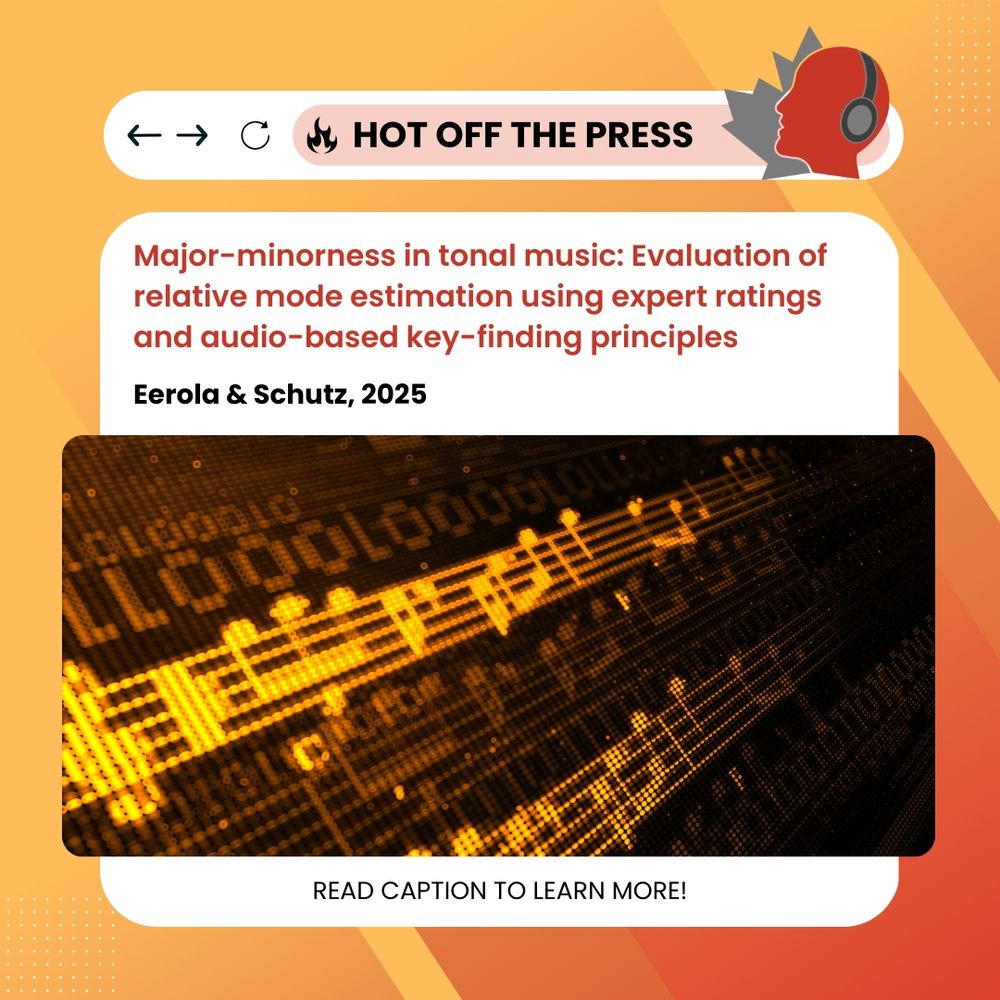
🚨New study alert!🚨 Our very own @michaelschutz.bsky.social and colleague @tuomaseerola.bsky.social developed a computational model that extracts 'relative mode', opening doors for studying musical emotion.🤖🎶
journals.sagepub.com/doi/10.1177/...
@musicpsychologylab.bsky.social #musicscience
23.05.2025 20:28 — 👍 5 🔁 1 💬 0 📌 1
Just a short clip from a brilliant behind the scenes video of how, when, where and why our new album, Elgar's The Kingdom, was recorded and our conductor @datconductor.bsky.social 's encyclopedic knowledge of it all. 🎶
You can watch the full video on our YouTube channel...
youtu.be/mm9ISHfbPVY?...
10.05.2025 10:33 — 👍 4 🔁 1 💬 0 📌 0
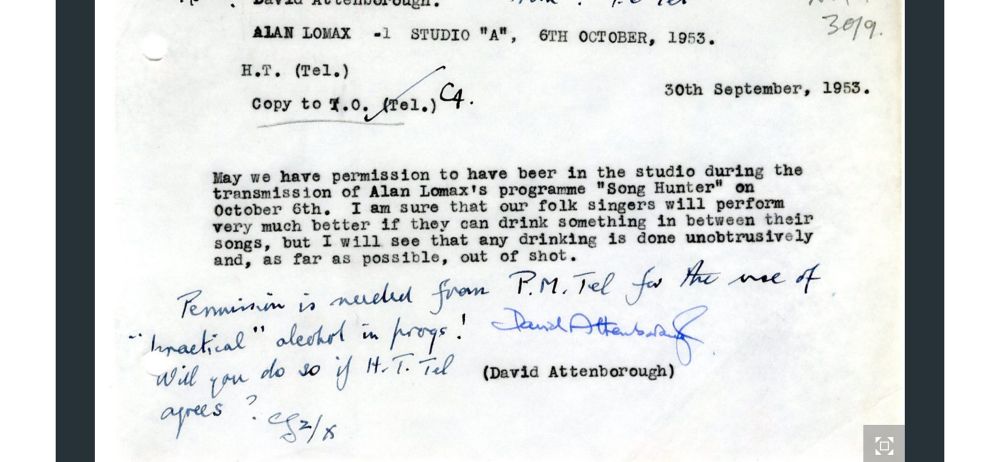
David Attenborough requesting alcohol for Alan Lomax.
08.05.2025 16:13 — 👍 1 🔁 0 💬 1 📌 0
#musicscience
26.04.2025 15:34 — 👍 2 🔁 1 💬 0 📌 0
Great idea. All hot button topics.
15.04.2025 13:35 — 👍 2 🔁 1 💬 0 📌 0
YouTube video by A Krause
Krause & Moles (2025). Defining a musician stereotype? Paper presented at SEMPRE2025.
if you missed our #SEMPRE #MusicScience consideration of a prevailing musician stereotype using an amended version of the DAST, we've got our recorded presentation on youtube --> www.youtube.com/watch?v=UWVO...
cc @anthonymoles.bsky.social
09.04.2025 16:20 — 👍 5 🔁 1 💬 0 📌 0
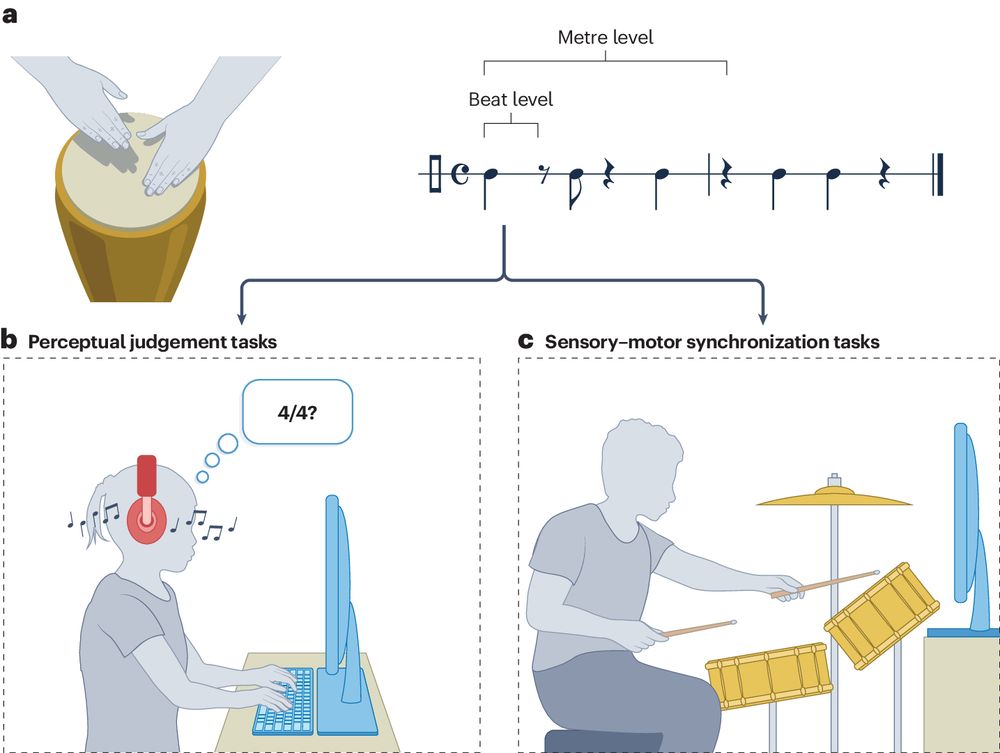
Theoretical and empirical advances in understanding musical rhythm, beat and metre
Nature Reviews Psychology - Rhythmic elements including beat and metre are integral to human experiences of music. In this Review, Snyder and colleagues discuss leading theories of rhythm...
ICYMI, we published this review about a year ago on musical rhythm, beat, and meter. We focused especially on oscillator and predictive coding theories, and also discussed developmental and genetic findings.
rdcu.be/dHjO2
#music #neuroscience #genetics #psychology #cognition #development
05.04.2025 20:50 — 👍 17 🔁 4 💬 1 📌 0
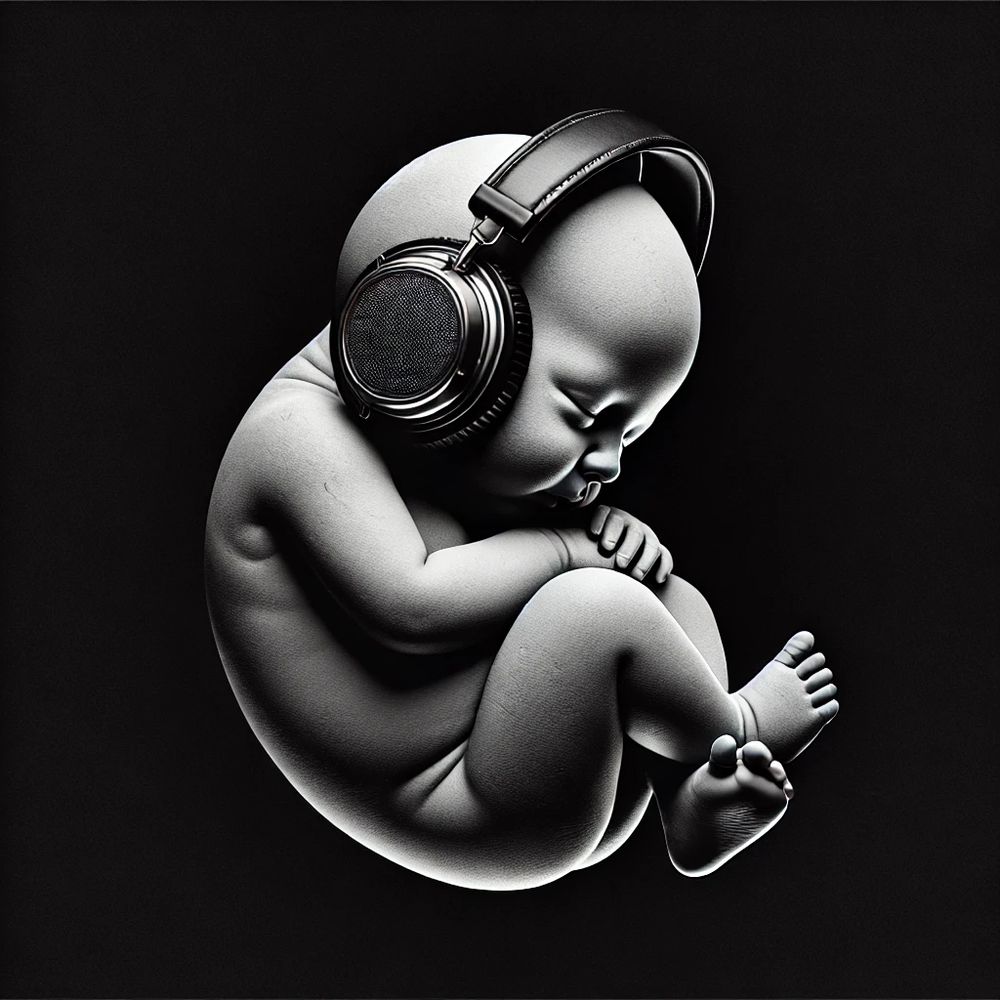
Here it is our new preprint on neural encoding of musical expectations in newborns!
in collaboration with B. Toth & I. Winkler's hungrain team and @giacomonovembre.bsky.social 's NPAlab
check it out 👇
www.biorxiv.org/content/10.1...
#musicscience #Neuroscience #MusicCognition #Neurodevelopment
28.03.2025 16:42 — 👍 16 🔁 6 💬 0 📌 1
Our study is now out in @naturecomms.bsky.social! Here, we integrate large-scale registry musicality data from twins to investigate the genetics of music enjoyment 🧬🎶🧑🤝🧑
26.03.2025 08:52 — 👍 37 🔁 13 💬 3 📌 1
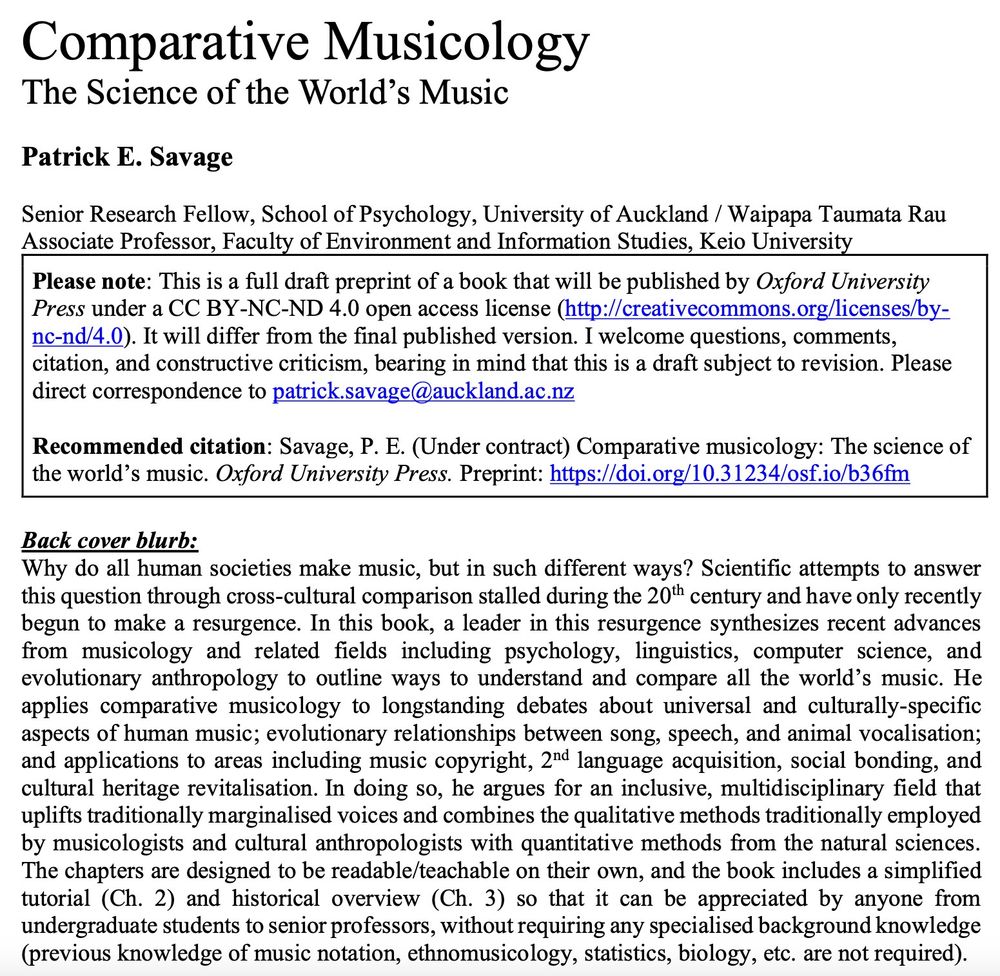
Title page and abstract for my draft book, "Comparative Musicology
The Science of the World’s Music"
Abstract: Why do all human societies make music, but in such different ways? Scientific attempts to answer this question through cross-cultural comparison stalled during the 20th century and have only recently begun to make a resurgence. In this book, a leader in this resurgence synthesizes recent advances from musicology and related fields including psychology, linguistics, computer science, and evolutionary anthropology to outline ways to understand and compare all the world’s music. He applies comparative musicology to longstanding debates about universal and culturally-specific aspects of human music; evolutionary relationships between song, speech, and animal vocalisation; and applications to areas including music copyright, 2nd language acquisition, social bonding, and cultural heritage revitalisation. In doing so, he argues for an inclusive, multidisciplinary field that uplifts traditionally marginalised voices and combines the qualitative methods traditionally employed by musicologists and cultural anthropologists with quantitative methods from the natural sciences. The chapters are designed to be readable/teachable on their own, and the book includes a simplified tutorial (Ch. 2) and historical overview (Ch. 3) so that it can be appreciated by anyone from undergraduate students to senior professors, without requiring any specialised background knowledge (previous knowledge of music notation, ethnomusicology, statistics, biology, etc. are not required).
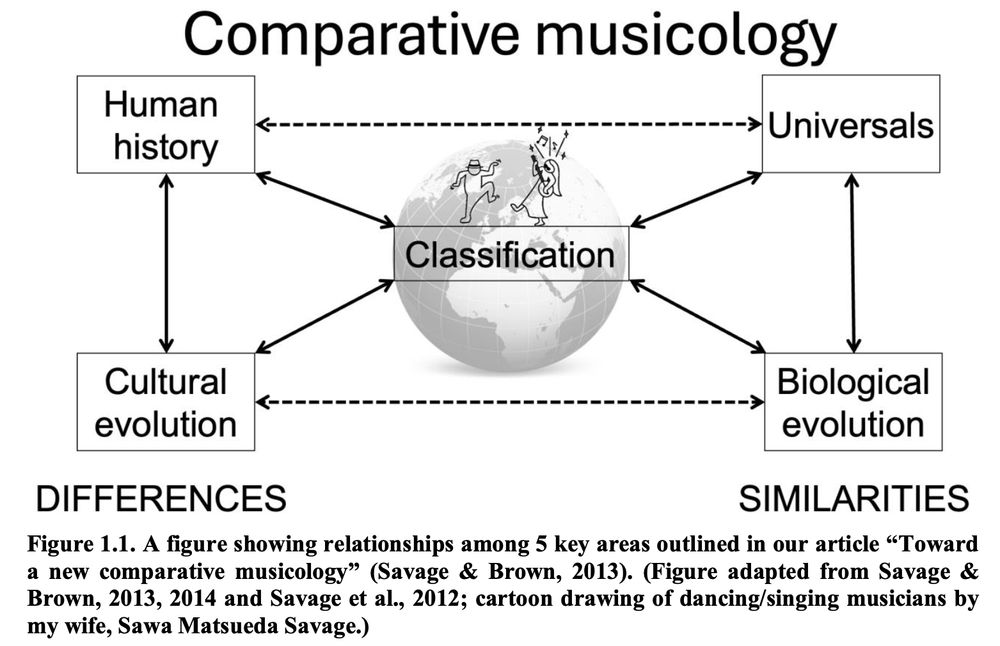
Figure 1.1. A figure showing relationships among 5 key areas outlined in our article “Toward a new comparative musicology” (Savage & Brown, 2013). (Figure adapted from Savage & Brown, 2013, 2014 and Savage et al., 2012; cartoon drawing of dancing/singing musicians by my wife, Sawa Matsueda Savage.)
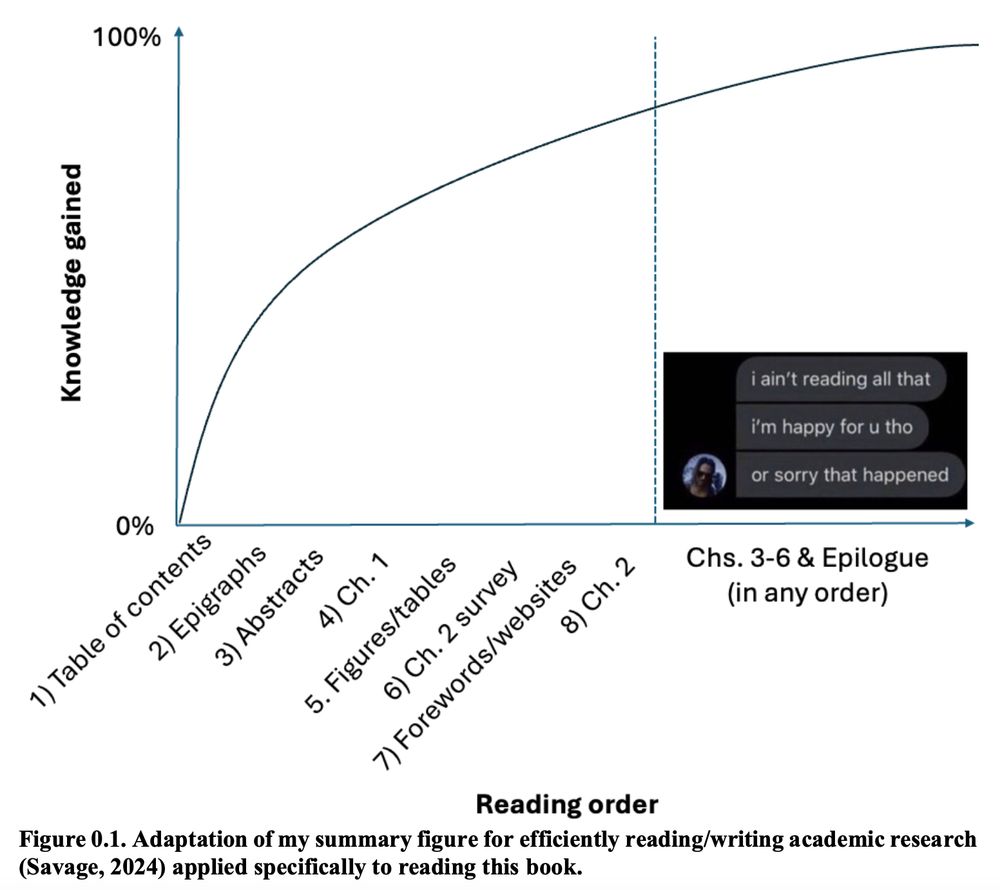
Figure 0.1. Adaptation of my summary figure for efficiently reading/writing academic research (Savage, 2024) applied specifically to reading this book.
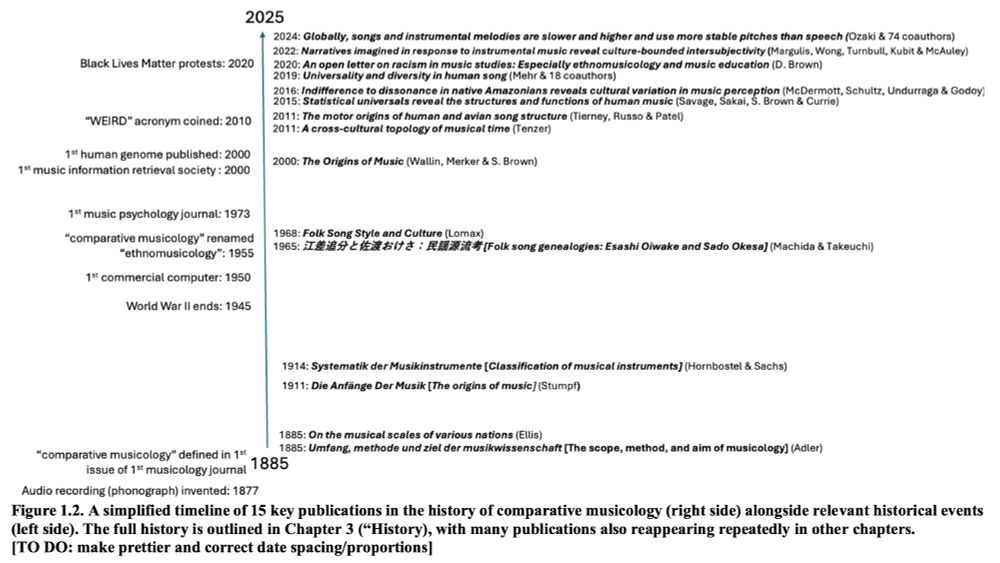
Figure 1.2. A simplified timeline of 15 key publications in the history of comparative musicology (right side) alongside relevant historical events (left side). The full history is outlined in Chapter 3 (“History), with many publications also reappearing repeatedly in other chapters.
I received a grant to publish my book on comparative musicology open access with Oxford University Press. This also means I can share the entire draft book as a preprint: doi.org/10.31234/osf...
I'm still finalising (especially figures and the tutorial in Ch. 2), so would love feedback!
24.03.2025 18:00 — 👍 27 🔁 5 💬 1 📌 1
Interesting and surprising result.
24.03.2025 09:31 — 👍 2 🔁 0 💬 0 📌 0
I hope I can join online. Will joining instructions be shared nearer the time?
17.03.2025 20:07 — 👍 4 🔁 0 💬 0 📌 0

Music to boost your mood
New research shows music can lift the mood of listeners who are feeling low, and researchers want to better understand how listening to music can boost wellbeing.
thanks to JCU's media release (www.jcu.edu.au/news/release...) on our #MusicScience paper (www.frontiersin.org/journals/psy...), i got to have a fun chat on ABC QLD radio yesterday. looking forward to being beamed out to the NT later today! 📻
13.03.2025 20:41 — 👍 9 🔁 2 💬 0 📌 0
Opening the black box
08.03.2025 09:31 — 👍 1 🔁 0 💬 0 📌 0
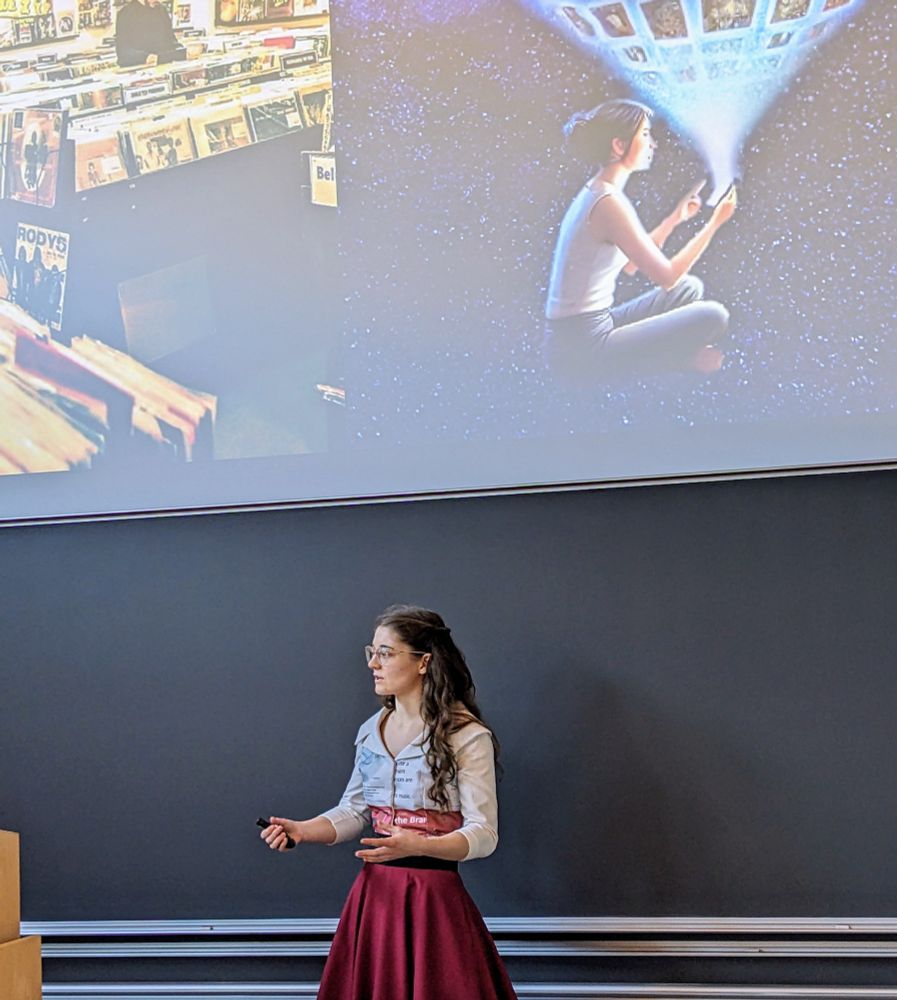
Congratulations to Rebecca Jane Scarratt who successfully defended her PhD on 'Global and individual effects of music on relaxation and sleep' at @musicinthebrain.bsky.social last week. Thanks to the assessment committee for facilitating a really inspiring discussion of the work!
25.02.2025 10:26 — 👍 16 🔁 1 💬 1 📌 0
I’m not sure many people would take out a Spotify subscription just to listen to it.
26.02.2025 09:37 — 👍 2 🔁 0 💬 0 📌 0
I’ve been adding groups to this starter pack for #musicscience labs as I’ve found them.
If there are any that I’ve missed drop them in the comments!
go.bsky.app/Eao5vcf
14.12.2024 09:59 — 👍 16 🔁 5 💬 3 📌 2
I write high-concept British Urban Fantasy that warps the familiar into the fantastical.
My standalone debut, The Terminus Of All Things, is a mind-bending urban portal fantasy set in the chaotic, dystopian world of Endland, a mirror version of England.
Music Research Annual is an open-access journal devoted to review essays that span the full breadth of music research across the humanities, social sciences, and beyond. Published by @mmap.bsky.social
https://musicresearchannual.org
Prof bioacoustics, University of Saint-Etienne, Ecole Pratique des Hautes Etudes, Institut universitaire de France
Academia Europaea
Director ENES Bioacoustics Research Lab (http://eneslab.com)
Book @princetonupress.bsky.social: http://tinyurl.com/yuetutum
Music, memory and emotion
Independent publisher of inventive books, fearless writing and powerful voices. Our authors include Mary Beard, Shoshana Zuboff and Francis Fukuyama.
Post-doctoral researcher at Rhythm and Brains Lab, University of Louvain (UCLouvain), Belgium
Interested in cognitive neuroscience, rhythm perception, multisensory perception
Musician, educator, advocate of music and the brain, founder Music Therapy Gateway In Communications, Inc. Google my two TED talks to learn some #musicscience.
#musicscience Postgraduate Researcher (PhD cand.) at Uni of Leeds, passionate about electronic dance music, well-being, emotion & musical embodiment. 🕺🎶
https://linktr.ee/j_w_cannon
Research Fellow, Institute of Musicians' Medicine, (IMM) Dresden, Germany
- Music physiology
- Musicians' health
- Biofeedback and motor control
Pianist and PhD student in Music Psychology at Durham University. My main research interests are autobiographical memories, musical narrative and music and language.
Music Psychology PhD researcher at Durham University, UK | Currently investigating how we imagine music & interested in musical imagery, musical memory, and TCK research.
Updates about the activity of Deezer Research
The SMMBL at the University of Sydney explores how music affects higher order cognition, as well as ways to support musicians' health. https://www.sydney.edu.au/music/our-research/cross-disciplinary-research/sydney-music-mind-and-body-lab.html
Associate Professor in Psychology at Columbia, PI of https://www.dpmlab.org/
Interested in understanding the neural mechanisms underlying music cognition via neuroimaging and computational modeling
Neuroscience PhD from Princeton
Neuroscience Postdoc at MIT
https://scholar.google.co.uk/citations?user=RjmK2NgAAAAJ&hl=en








